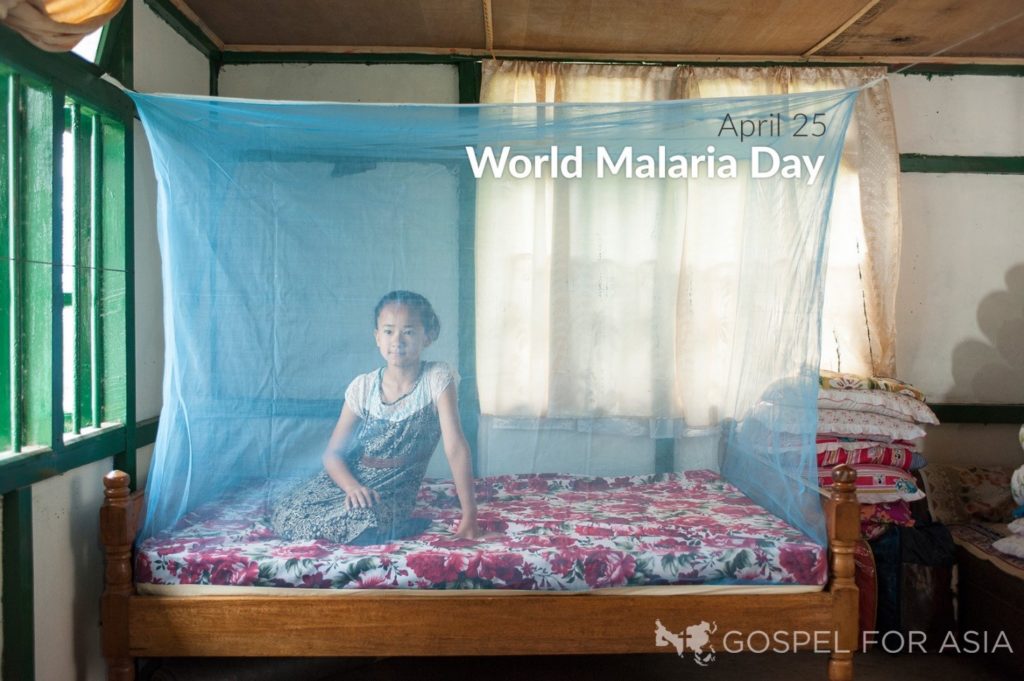GENEVA — Every year, April 25th is set aside by public health officials as World Malaria Day. Should we even be concerned about malaria during the Coronavirus pandemic? Hasn’t malaria been eradicated? The answers to those questions are ‘yes’ and ‘no,’ in that order.
The RBM Partnership to End Malaria currently identifies malaria as “a global emergency.” Because the disease is concentrated predominantly in poverty-plagued developing countries, we tend not to think much about it. Yet, for millions of people trapped in the vicious cycle of poverty, malaria remains a major threat to health and life itself. According to RBM,
“Half the world still lives at risk from this preventable, treatable disease, which costs a child’s life every two minutes.”
Compassion describes malaria as “one of the most infamous diseases in world history.” They also call it one of the deadliest.
Coronavirus capturing the headlines can distract us from being concerned about our inability to prevent malaria and similar vector-borne diseases around the world.
As we approach World Malaria Day, and this article is being prepared, we are in the 15th week of the COVID-19 pandemic.
The most recent report from the World Health Organization (WHO) estimated that there had been 228 million cases of malaria in 2018. That extrapolates to 65.7 million cases in a 15-week period.
The number of COVID-19 cases in the same period is 2.2 million. That is less than 3.3% of the annual number of malaria cases.
WHO reported 405,000 malaria deaths in 2018. The death toll for COVID-19 has yet to exceed 150,000 over three-and-one-half months.
Because 85% of the malaria cases occur in just 19 countries in Africa and South Asia, the disease is out of sight and out of mind. That is not the case for FBO’s like Gospel for Asia (GFA), Mission India, India Partner, and Africa Inland Mission.
These faith-based organizations and hundreds of others are on the front lines in the effort to contain the spread of malaria.
Compassion lists four major ways NGOs lead the fight against malaria.
- Mosquito bed nets treated with insecticide, along with training in how to properly use a net
- Anti-malarial drugs, IV medication, transfusions, and breathing treatments
- Education on ways to prevent mosquito breeding areas
- Resources to clean mosquito breeding grounds, such as ponds and standing water bodies
In its most recent Year in Review report, Gospel for Asia indicated that it had distributed 300,000 mosquito nets to protect families from the flying hypodermic needle that transmits the disease.
Spend some time on April 25th, World Malaria Day learning about the disease. Read “Mosquito-driven Scourge Touches Even Developed Nations” and “It Only Takes One Mosquito.”
To read more news on Malaria on Missions Box, go here.
Sources:
- Worldometers, Coronavirus
- RBM Partnership, World Malaria Day
- WHO, World Malaria Day
- Compassion, World Malaria Day
Image Source:
- Gospel for Asia, Photo of the Day
